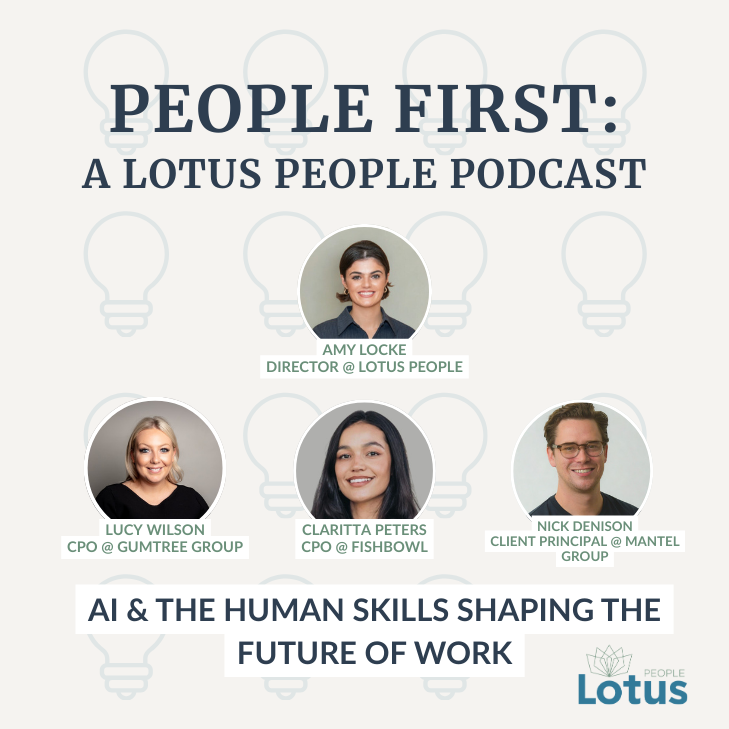We hear a lot about how culture in the workplace is paramount to a company’s success. More often than not, a productive, collaborative culture arises from staff who are caring, passionate, and understanding. These traits are what employer’s look at when assessing a candidate’s emotional intelligence.
According to Daniel Goleman, author of ‘Emotional Intelligence’, EI refers to how well we handle ourselves and our relationships.
So, here are 3 pillars to help you fully grasp what EI is, and how to implement them into your personal and professional life:
- Self-Awareness. Self-awareness is, understanding yourself – what you’re feeling, and why you’re feeling it. It’s the basis of good decision making, and can often be referred to as your intuition.
- Self-Management. This refers to the way you handle your distress or emotions, and follows naturally from self-awareness. Effective self-management ensure that your emotions don’t cripple you, but rather allow you to learn from them. Understanding the cause of your emotions can help you to manage them and feel less overwhelmed by them. It also allows you to embrace your positive emotions in order to stay excited and passionate about the task at hand. Self-management is all about aligning your actions with your passions.
- Empathy – Once you have managed your own emotions, you can begin to become aware of the emotions of others. Empathy is the ability to put yourself in “someone else’s shoes” so that you can try to understand what they are feeling. This will allow you to better understand the actions of others. For example, a colleague might be abrupt with you, but rather than getting offended you can remind yourself that this colleague is under a strict deadline and is probably feeling stressed and failing to effectively manage their own emotions.
Combining these pillars of Emotional Intelligence will enable you to build positive, productive relationships with your work mates, bosses, and clients.
When more and more companies are heavily investing in candidates with clear emotional intelligence, ask yourself – where do you stand?
You may also like...
You may also like...





